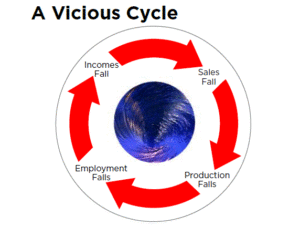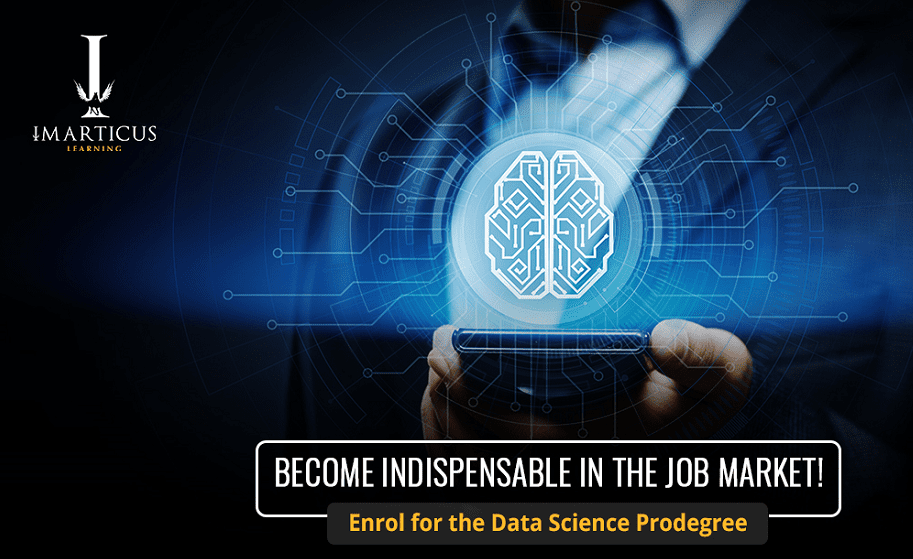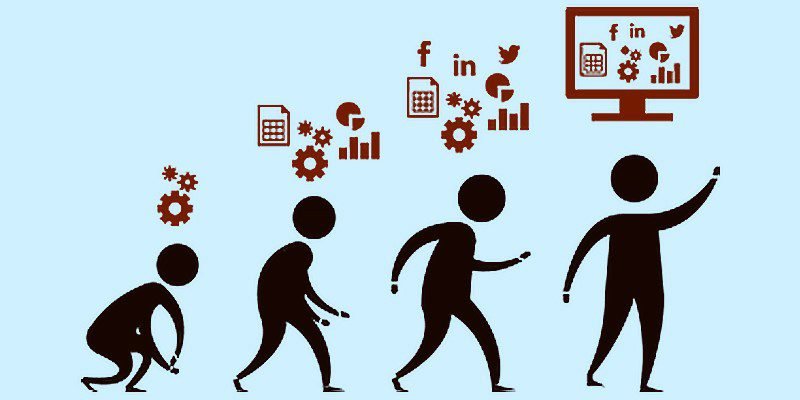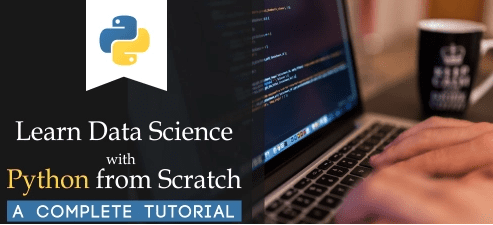How has Covid-19 Impacted the World Economy?
Coronavirus widespread has brought about many drastic changes in the economy of the world. There are some serious threats of downfall to even some of the renowned companies of the world. But some of the Entrepreneurs have tried to look at the brighter side of this miserable pandemic and have established pretty decent businesses to sustain themselves.
Some of the serious impacts of Covid-19 on the World Economy can be understood by the following points:
- A Vicious Circle
 Considering the current situation, the economy has more or less become a vicious circle. Because of no money in the market, there are no sales.
Considering the current situation, the economy has more or less become a vicious circle. Because of no money in the market, there are no sales.
No sales give rise to a situation where the sustainability of the business along with the payment of salaries to employees becomes impossible.
This whole situation has no disposable income in the market to be processed.
- Loss of Jobs
There is a huge population in the world which has lost its job in the times of Coronavirus Pandemic.
 Apparently in times where people are being laid off, expecting to get hired somewhere sounds like an arduous task. This has been the worst hit on the economy so far.
Apparently in times where people are being laid off, expecting to get hired somewhere sounds like an arduous task. This has been the worst hit on the economy so far.
- Pending Payments
People who owe the banks are currently unable to deal with the situation and banks, on the other hand, are not been able to dispense cash to their customers because of the delays in their timely receipts.
This whole situation has become chaos and it’s very hard to understand the future course of action in terms of Financial Management.
Starting Career in Data Science in times of Covid-19 Pandemic
Although the Covid-19 period has not been easy for anyone on the planet, still things are meant to get back to their place. For all the budding Data Scientists aspirant to kick-off their careers in Data Science, this current period can prove to be beneficial. They need to focus on the problems that are being faced by the whole world at large.
Moving even a step forward in the direction of the solution can be a great achievement and budding Data Scientists must grab all the opportunities that come their way.
Following points can be considered to start research:
- Automated Sanitizer Doorways
To get rid of the Coronavirus bacteria, Sanitization is a must and thinking something in this respect can prove to be a success. Automated Sanitizer doorways can be installed at the entrances of all the buildings so that nobody enters inside being infected by the virus.
- Body Temperature Wrist Watches
People all over the world are worried about their and their family’s health. Automatic wristwatches can be developed which can display your body temperature on the dial at all times.

- Face Detecting Cameras
The Coronavirus is spreading because it is contagious. However, wearing masks can be beneficial for all human beings living on this planet. Face detecting Cameras can be developed which can automatically detect people without masks and send a ticket at their e-mail addresses.
- Currency Notes Sanitizer Machines
Most of Coronavirus spread has taken place because of the Currency notes. If there is a machine that can take up notes from one side and after sanitizing them, dispenses them from the other side, there is nothing better than that. These machines could be installed at Public Places and specifically in Banks. Instead of Sanitizers, UV lights can also be used. Data science will find use in all of the areas given above.
Overview
 Data Science is a field that needs brainstorming at every moment. Considering the current situation, the above-mentioned points can be the base for research and these gadgets can create a monopoly in the market.
Data Science is a field that needs brainstorming at every moment. Considering the current situation, the above-mentioned points can be the base for research and these gadgets can create a monopoly in the market.
One can turn these challenging times into something productive that could lead to a stable career.
For an established Career in Data Science, analysts can take up the Data Science Course to be proficient in their areas of work.









